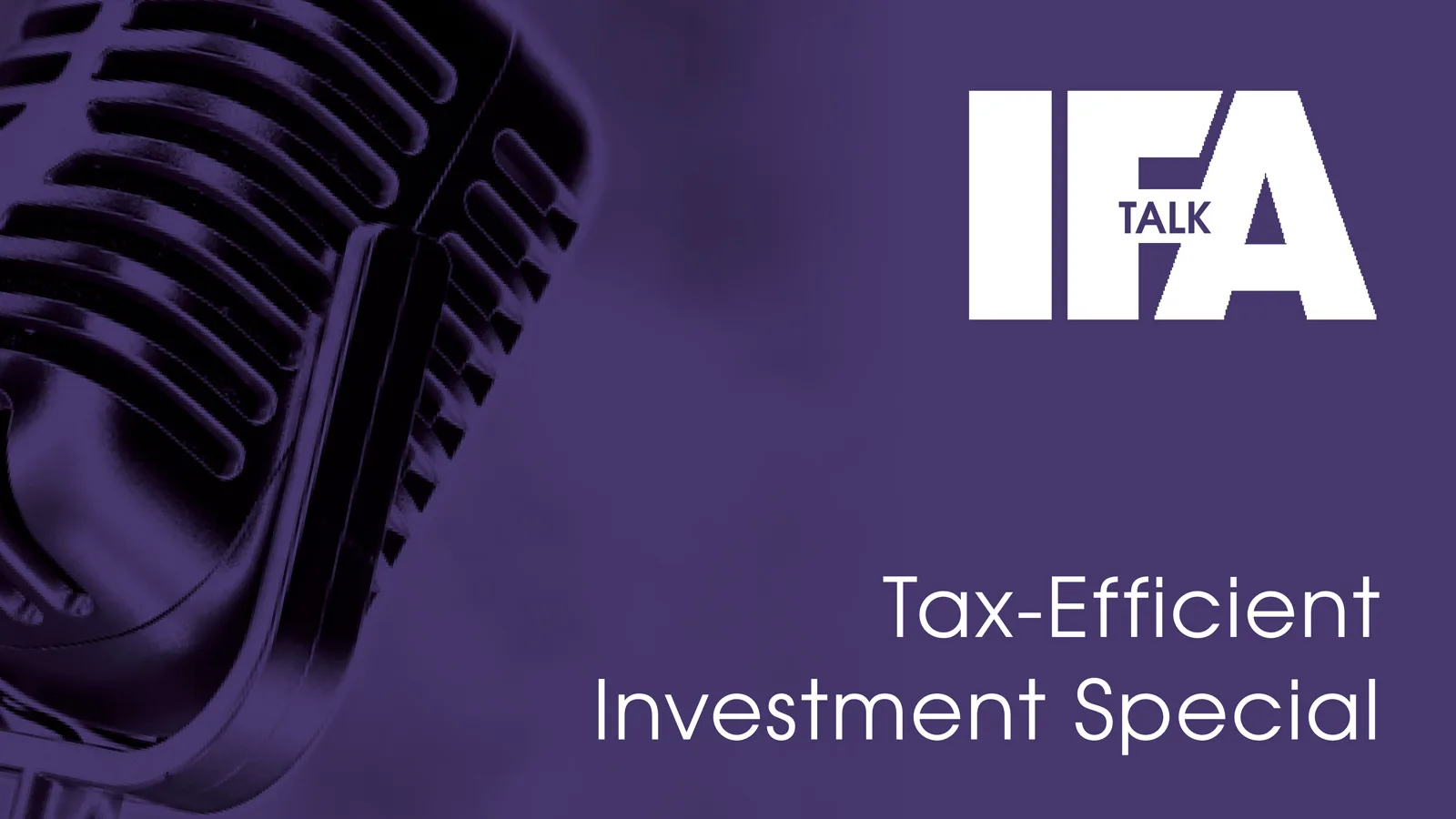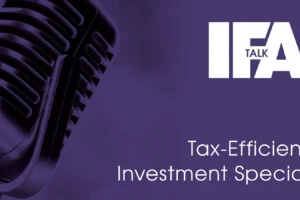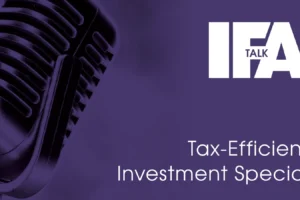Written by Christiana Stewart-Lockhart, Director General at The EIS Association
To mark International Women’s Day this week, I wanted to pay tribute to the fantastic progress that is being made by female founders in the EIS and SEIS arena.
Whilst more could always be done, for the most part it is a very positive story when you consider that more women are starting businesses than ever before. There is clear evidence to show that young companies are where you can find the greatest opportunity for growth.
The SEIS and EIS facilitate the lifeblood of investment into these early stage start-ups and play a pivotal role. Ensuring all women are not only aware of the schemes but also providing education on the opportunities they offer both founders and investors is core to the EISA’s work. With the proposed changes to the SEIS due to come in from next month, it is an exciting time for women and there is much to be celebrated, as I will detail below.
New data shows a boost to female entrepreneurship
Last month, the Rose Review (the government backed review led by NatWest CEO Alison Rose) released their latest report on Female Entrepreneurship. They found that in 2022 more than 150,000 new businesses were started by women – more than ever before in the UK. This is exciting news, particularly when you consider that £250 billion could be added to the UK economy if women started and scaled businesses at the same rate as men1. At such an economically challenging time, it shows the potential that entrepreneurs and those investing in early-stage businesses have to unlock economic growth in the UK.
EIS and SEIS are playing their part
The Enterprise Investment Scheme (EIS) and the Seed Enterprise Investment Scheme (SEIS) are world leading schemes that have played a vital role in ensuring the UK is one of the best places to start a business. Since their inception, SEIS and EIS have together raised more than £27billion and have enabled investment in 52,000 start-ups. That is a phenomenal achievement, and when you couple that with the jobs created, the innovation and the economic growth, you really start to get a sense of just how important these schemes are.
The schemes have been so successful at attracting investment into exciting, high-risk start-ups that a number of foreign governments have tried to emulate the schemes and, just last week, the EISA was invited to the French Embassy to discuss the importance of the EIS to the UK ecosystem. Through a number of tax reliefs, these government schemes encourage investment into start ups at the start of their journey and many of the UK’s most successful household names say they don’t think they would exist today without that crucial investment that the schemes helped them secure right at the beginning. Furthermore, many of these start-ups are finding solutions to some of the biggest challenges that we’re currently facing and are genuinely changing the world. It is hugely exciting to be a part of that. The EISA are showcasing a number of our Female Founder members throughout this week to mark International Women’s Day.
Next month sees some significant extensions to the SEIS including an increase in the amount a start up can raise under the scheme from £150,000 to £250,000. Alongside this, investors will be able to invest up to £200,000 per year through the scheme (up from £100,000) and, crucially for female entrepreneurs, it will be possible to raise investment through the scheme in your first 3 years of business, rather than 2 years. Evidence suggests that women are less likely to have existing investment networks and less likely to be aware of the schemes. The extension of the age limit should allow more women across the whole of the UK to benefit from investment through the scheme.
Raising awareness amongst investors matters too
It is not only on the ‘founder’ side that women are less likely to have heard of the EIS and SEIS, but potential female investors are also less likely to have heard of the schemes. The UK Business Angels Association (UKBAA) found that 96% of women had never heard of angel investing as an investment option2 and only 14% of Angels in the UK are women3. Even amongst our MPs, only 57% have heard of the schemes4. Things are starting to change and whilst money has traditionally been a taboo topic of conversation, the proliferation of online forums and blogs in recent years have helped to normalize talking about money and financial planning. This has helped open the world of investing to new audiences and, in particular, more women. There have been a number of start ups (several of them SEIS and EIS investee companies) that are also encouraging women to take a greater interest in their finances and investing. Finally, whilst unlikely to have an impact in the immediate term, more financial education is being introduced in schools with charities like RedStart transforming the life chances of children across the UK.
Laudable ambitions to boost gender diversity
One core ambition of the Rose Review is to grow the number of women investors in the UK and there are a number of industry initiatives through which this is being done, including the Women backing Women campaign5. The EISA has also done a tremendous amount of work in this area and last year we hosted 6 free Ready Steady Grow events to raise awareness of the schemes amongst founders, advisers and investors. This Autumn, we’ll be organizing 10 of these events across the regions and devolved nations to try and ensure every female founder and investor is aware of the opportunities the SEIS and EIS offer them.
According to the FCA, just 16% of regulated financial advisers are women6. However, that number doubles to 30% when you look at advisers under the age of 457. The Rose Review found that the biggest leap in the 2022 data was amongst 16-25 year olds which saw the number of female founders rise by 24.3%. Things certainly seem to be shifting amongst the younger generations and alongside this, women now control a greater share of the UK’s wealth than ever before, with more than 60% of the UK’s assets predicted to be in female hands by 20258. As we celebrate International
As we mark International Women’s Day today, I think these trends show quite clearly that more and more women are beginning successful business careers as female founders. We hope that more and more people – regardless of gender – will continue to do the same in the years to come.














